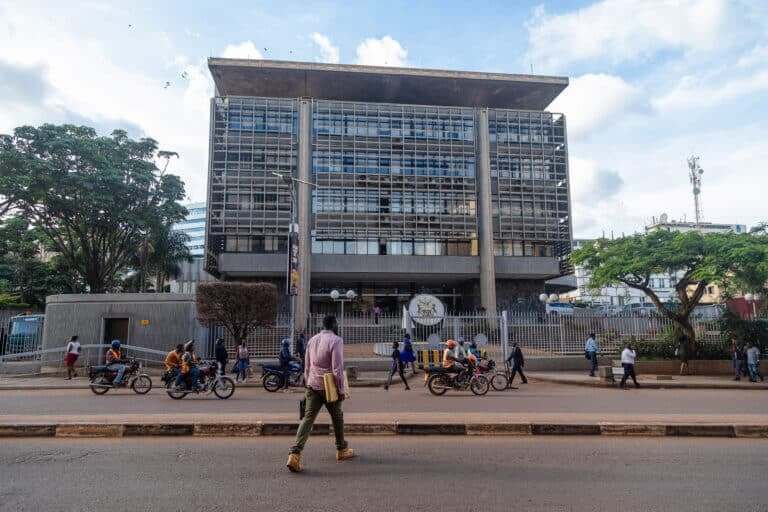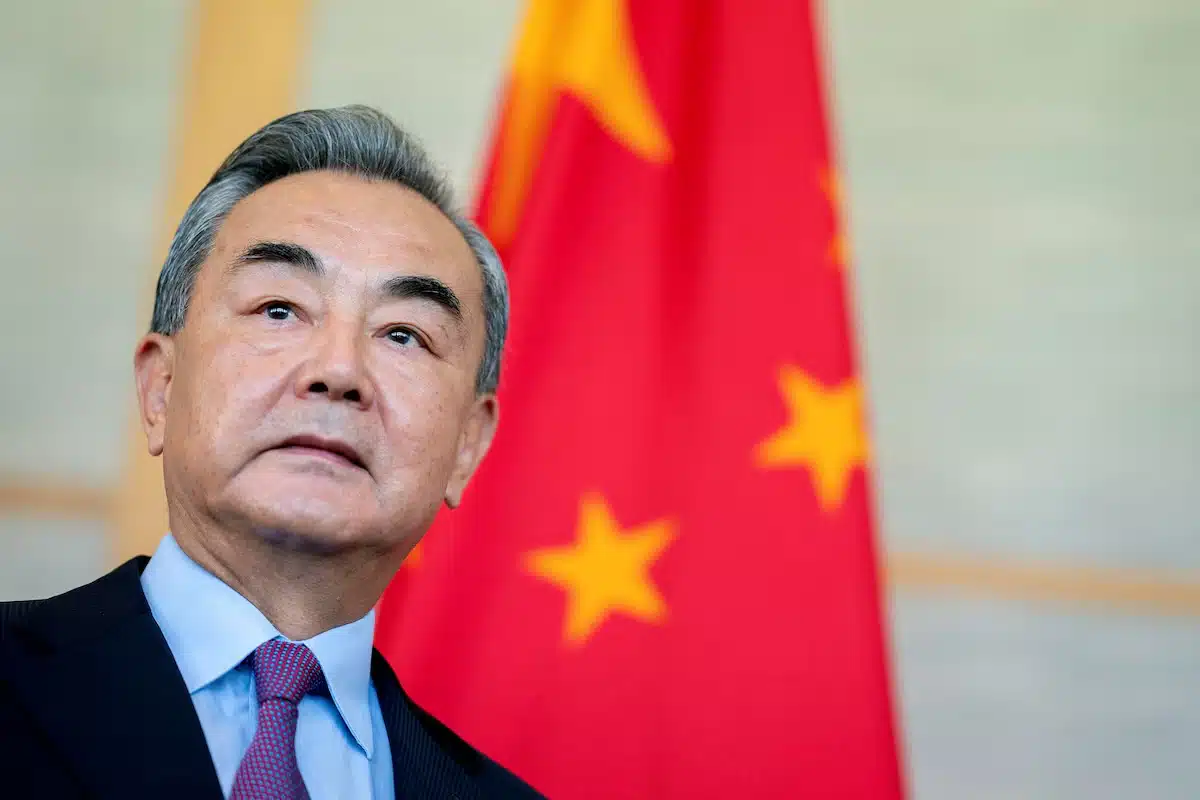Nigeria’s National Pension Commission (PenCom) has blacklisted seven primary mortgage banks (PMBs) from participating in the Retirement Savings Account (RSA) equity contribution scheme, a key pillar of the nation’s housing finance framework.
In a circular dated August 11, 2025, PenCom directed all Pension Fund Administrators (PFAs) and Pension Fund Custodians (PFCs) to halt equity contribution applications linked to the affected banks.
The directive, signed by Obiora Ibeziako, Head of Benefits and Insurance at PenCom, said: “Following the cited letter, the commission instructs that Pension Fund Administrators, including Closed Pension Fund Administrators and Pension Fund Custodians, immediately stop accepting or processing equity contribution applications submitted by the following Primary Mortgage Banks.”
The blacklisted institutions are: Jigawa Savings & Loans Limited, FHA Mortgage Bank Limited, Delta Trust Mortgage Bank Limited, AG Mortgage Bank Limited, Infinity Trust Mortgage Bank Plc, First Trust Mortgage Bank Limited, and Mutual Alliance Mortgage Bank Limited.
Though the regulator gave no official reason, industry reports suggest the suspensions stem from mortgage defaults, raising concerns about the integrity of the scheme.
Background on RSA housing loan scheme
Nigeria introduced RSA-backed mortgage equity contribution guidelines in September 2022 under Section 89(2) of the Pension Reform Act, 2014. The policy allows RSA holders to access up to 25% of their balance to fund mortgage equity contributions.
The scheme was designed to boost access to homeownership while deepening long-term finance for Nigeria’s underdeveloped housing sector.
Pension assets still expanding
Despite tighter mortgage rules, Nigeria’s pension industry continues to post strong growth. Pension fund naira assets surged by 90% in five years, reaching ₦24.6 trillion as of June 2025, compared to ₦12.8 trillion in June 2020. But fell in dollar terms to $15.9 billion from $35.6 billion.
Assets also rose by 2% month-on-month, reflecting steady inflows and diversified allocations across fixed income, equities, and alternatives.
Regional context
Nigeria’s setback mirrors challenges across Africa in using pensions to support housing. In 2022, Kenya’s High Court nullified a law allowing members to draw 40% of pension savings for home purchases, citing flawed legislation and compliance risks.
Similarly, South Africa’s “two-pot retirement system,” launched in September 2024, is already facing scrutiny over mortgage-linked withdrawals.
For Nigeria, PenCom’s blacklisting underscores the delicate balance between unlocking pension savings for social development and safeguarding retirement security. For investors, it highlights the robust growth of Nigeria’s pension assets alongside the regulatory risks shaping housing finance instruments.
The figures were originally reported in naira and converted using the official average exchange rates of $1 = ₦1,550.5 in June 2025 and ₦358.8 in June 2020.











